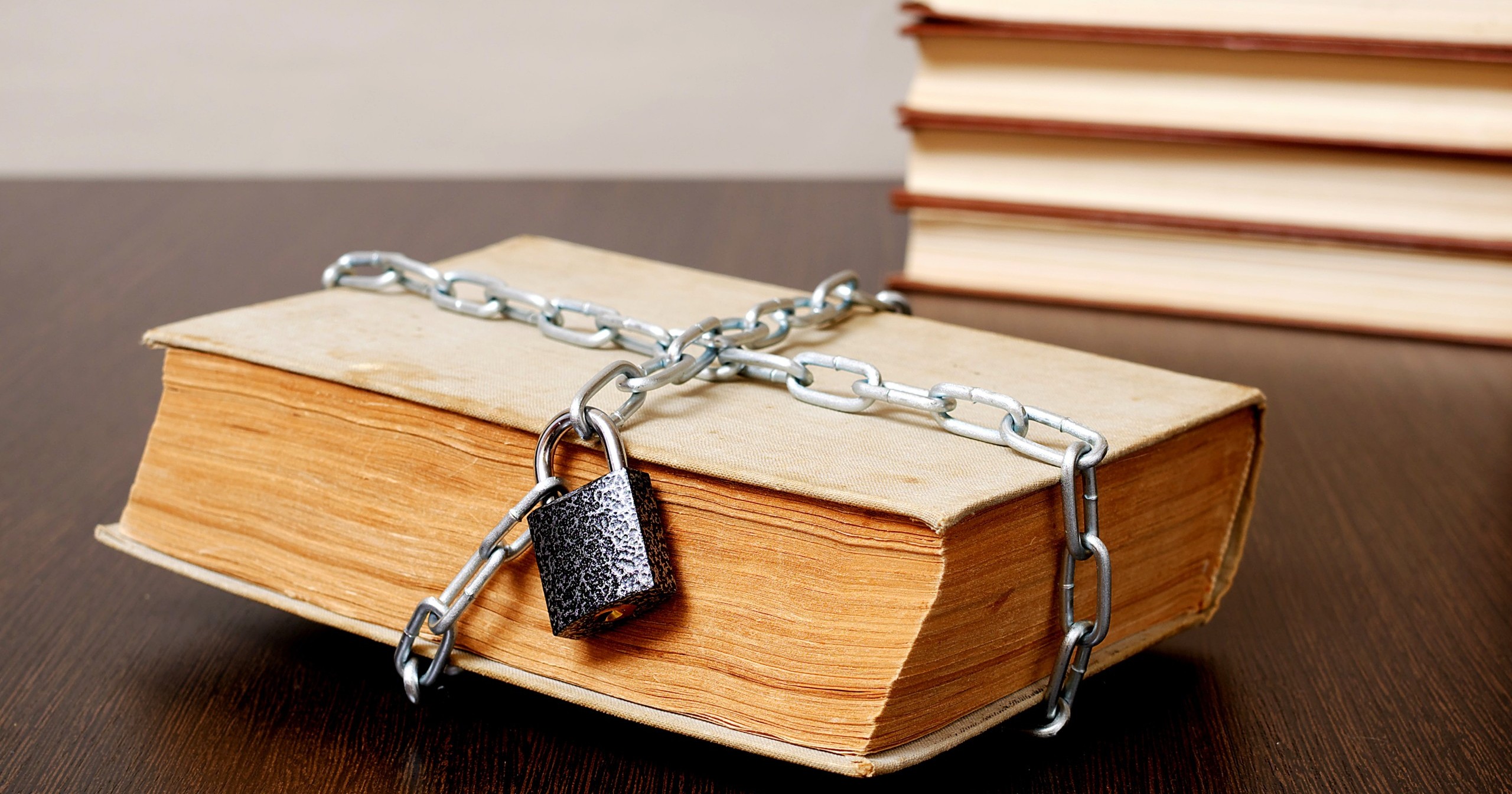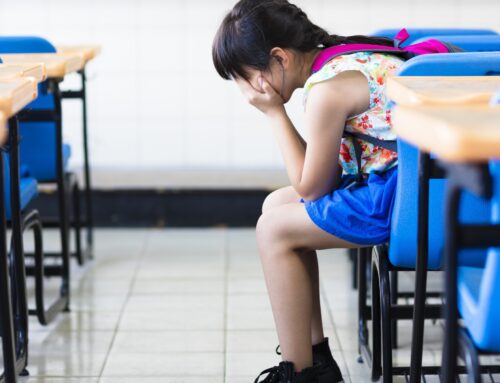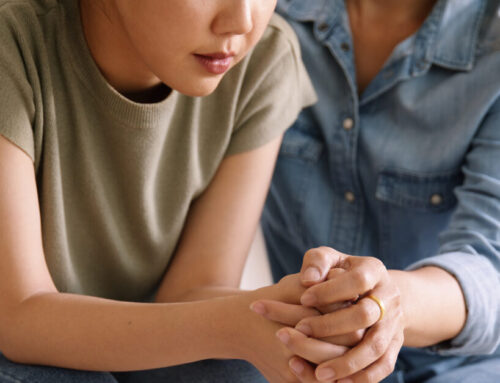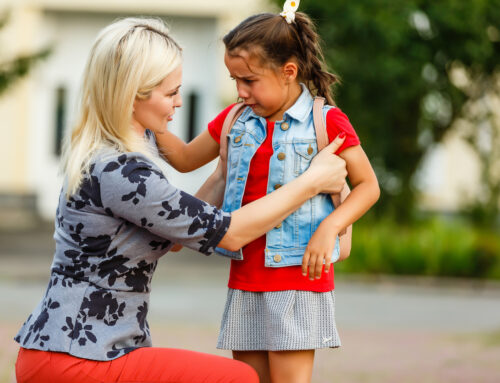
A recent study by PEN America found that over 1,000 books were banned in schools and libraries in the past nine months, according to The Wall Street Journal.
Banning books is nothing new. It has been around for as long as books have existed. Yet in the past several years, we’ve seen a drastic uptick in book banning in education, with the largest spike to date in 2021, as The New York Times has pointed out.
(It should be noted that the term “book banning” isn’t used across the board in the education debate. While popular culture commonly uses the term to refer to any removal of a book from any institution (including schools) even if it’s freely available elsewhere, some proponents of careful curation of educational material oppose referring to their work as “book banning.” However, for consistency in this article, we will use the term “book banning” to refer to any official removal of materials from an institution.)
There are the books people have been trying to ban for years, such as the Harry Potter series and the American classic To Kill a Mockingbird. Then there’s another category, a new category that parents, especially, are worried about. The New York Times quotes the American Library Association, saying, “Most of the targeted books were by or about Black and L.G.B.T.Q. people.”
As critical race theory and gender education issues grip the country, more books are being written on these topics. It’s no secret anymore that race and sex agendas are being pushed, and this is reflected more and more in children’s literature.
Parents today are more concerned than ever about what their children are reading. Book banning is surging. You may be feeling a little overwhelmed—and more than a little worried—by the prevalence of book banning. You may be asking the same question as a lot of other Americans: is banning books helping or harming our kids’ educations?
What is book banning?
First, let’s tackle the big questions: what is book banning, and what happens to a book that is banned?
Book banning starts when a concerned citizen discovers a book he or she does not think is appropriate to have on a library shelf or in a school’s curriculum. That person makes a complaint. For instance, some libraries have a form you can fill out, or a parent may choose to present a complaint before a school board.
This process is called challenging a book. After a book is challenged, the school or library board of directors determines whether the request is valid, and acts according to that ruling.
If a book is determined to violate standards, it is removed from the library or school and is officially banned.
A book can be banned for many different reasons. A board could decide that the book in question is not in line with community sentiment and remove it. Many conservative school districts have recently banned books that address politically-loaded topics such as gender, sexuality, and racism. A book also can be labeled mature, explicit, or historically inaccurate, and be removed.
When is book banning wrong?
As you can imagine, there is a lot of controversy surrounding book banning. Some say any form of censorship, book banning included, violates the First Amendment by prohibiting free speech. Others believe that any dissenting voice should be shut down. Still others are concerned that if we don’t ban some books for explicit or inappropriate content, our children will be led astray by false ideas.
Book banning has crossed the line many times throughout history. In the days of the Roman Empire, people were imprisoned—or worse—for owning a Bible. Hitler’s attempts to eradicate Western literature from the Third Reich meant that book burnings were celebrated.
Today, many are against trying to ban books that are widely read and loved by millions. A Florida citizen, Chaz Stevens, went after the Bible following the passing of the so-called “Don’t Say Gay” bill, which makes it easier to ban curricula that parents believe are inappropriate. The Washington Post reported on the incident, saying, “As of Wednesday, he has filed near-identical petitions with 63 Florida school districts asking to ban the Bible. He has also filed a second petition with one district, Broward County Public Schools, requesting the removal of the Oxford English Dictionary.”
Many Americans who grew up reading the Bible in school now send their children to schools where no such practice exists. Some celebrate this, while others are concerned that the country is losing its Judeo-Christian values. Yet Christian and other conservative parents, while disagreeing with the idea of banning Christian literature, want to ban books like “Gender Queer: A Memoir” by Maia Kobabe, and “All Boys Aren’t Blue” by George M. Johnson, two young adult books that deal with transgender characters and sexual orientation.
This approach sounds like a contradiction of values. If someone wants a book banned that they find offensive, are they automatically in error?
There’s a difference between what (for example) the Nazis did and what concerned parents are doing today. In history, corrupt governments were responsible for most book banning efforts. Entire countries were deprived of their literature.
If a parent recognizes that their child is in danger of coming across sexually explicit content in a certain book, do they have a right to forbid their child to read it? A good parent looks out for his or her child’s mental, emotional, and physical health, and that means some influences must be censored. Parents censor movies and music that come into their home. They are careful who their children are friends with. They shape their children’s characters according to their values. ProCon.org observes that “parents have the right to decide what material their children are exposed to and when,” but “having books with adult topics available in libraries limits parents’ ability to choose when their children are mature enough to read specific material.”
Much of the book banning going on today in the U.S. is headed by private citizens or communities who believe they still have the right to protect their children.
Whether we like it or not, or even if we’re on the fence, it seems that book banning is not only here to stay, but is more prevalent than ever.
Want to hear more about why some literature may merit removal from children’s libraries? Tune in to The State of Education podcast for a conversation with parent activist Andrew Glover.
Solutions
Similarly to Florida, the Governor of Virginia, Glenn Younkin, recently signed Senate Bill 656 which, according to Northern Virginia Magazine, “requires teachers in Virginia public schools to notify parents when students are assigned any book that is deemed ‘sexually explicit,’ allow parents to opt their students out of reading the book and any related assignments or material, and require that alternative material be provided for those who opt out.”
Additionally, The New York Times points out, “Many school libraries already have mechanisms in place to stop individual students from checking out books of which their parents disapprove.”
As these changes to law and education spread, there is hope for those who want to protect their children from mature content in books. At some point, you may decide to challenge your child’s school on their literature choices for your child.
As a parent or guardian, the responsibility ultimately lies with you to guide your child. Taking measures to counteract the culture can be overwhelming, but not impossible. Discuss assigned reading with your child, touching on anything you think is problematic and teaching your child to think critically about those subjects. Read books together, or assign at-home reading (especially in the summer!), choosing books that better align with your values.
Taking back our children’s minds and hearts
Stories shape our thinking. They plant ideas. And sometimes, we disagree with those ideas and would rather not have them planted in our children’s minds!
Book banning is a tool that, if used wisely, does not violate the exchange of ideas and good stories, or the right to freedom of speech. It is an essential tool to remove truly harmful content from our schools and libraries. Rather than seeing book banning as a mechanism to silence disagreement, we could view it as a legitimate way to protect our children from ideas that they are not yet mature enough to process.
If you would like more information, check out our article on what to do if your local or school library puts out material not suitable for children.





[…] Learn more about book banning: what it is and what it isn’t. […]
[…] Learn more about book banning: what it is and what it isn’t. […]